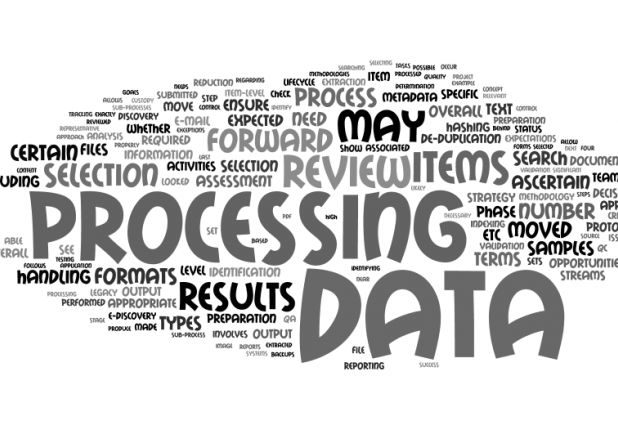Platform-Agnostic Search Mojo!
Searching is a core e-discovery skill that has been a part of the legal case landscape for about two decades now. Throughout that time, the fundamental capabilities for keyword searching have not changed much. However, my experience has shown that crafting a good, effective search a core e-discovery technical (and artistic!) skill. This blog offers insight into how to do just that.






